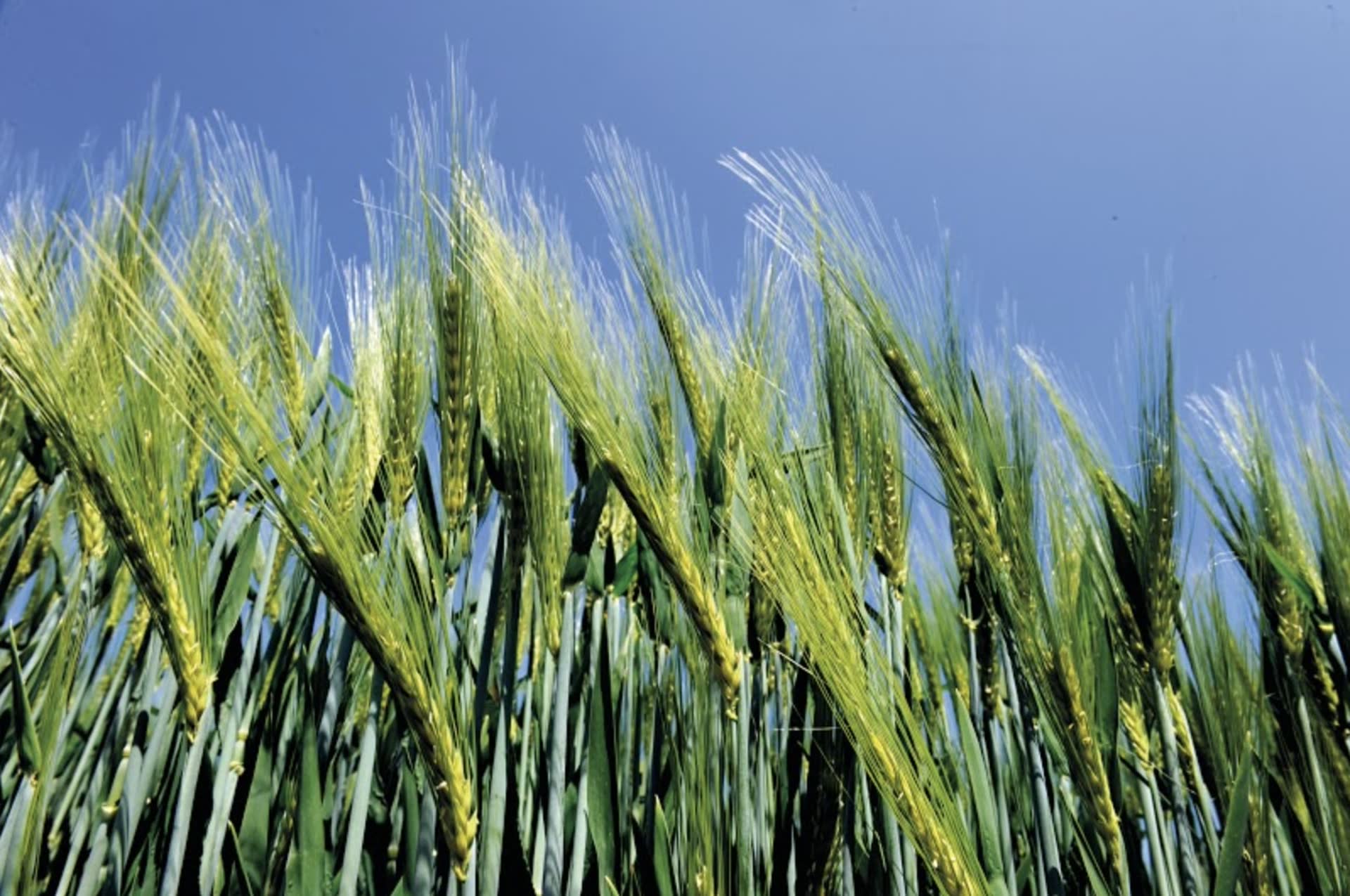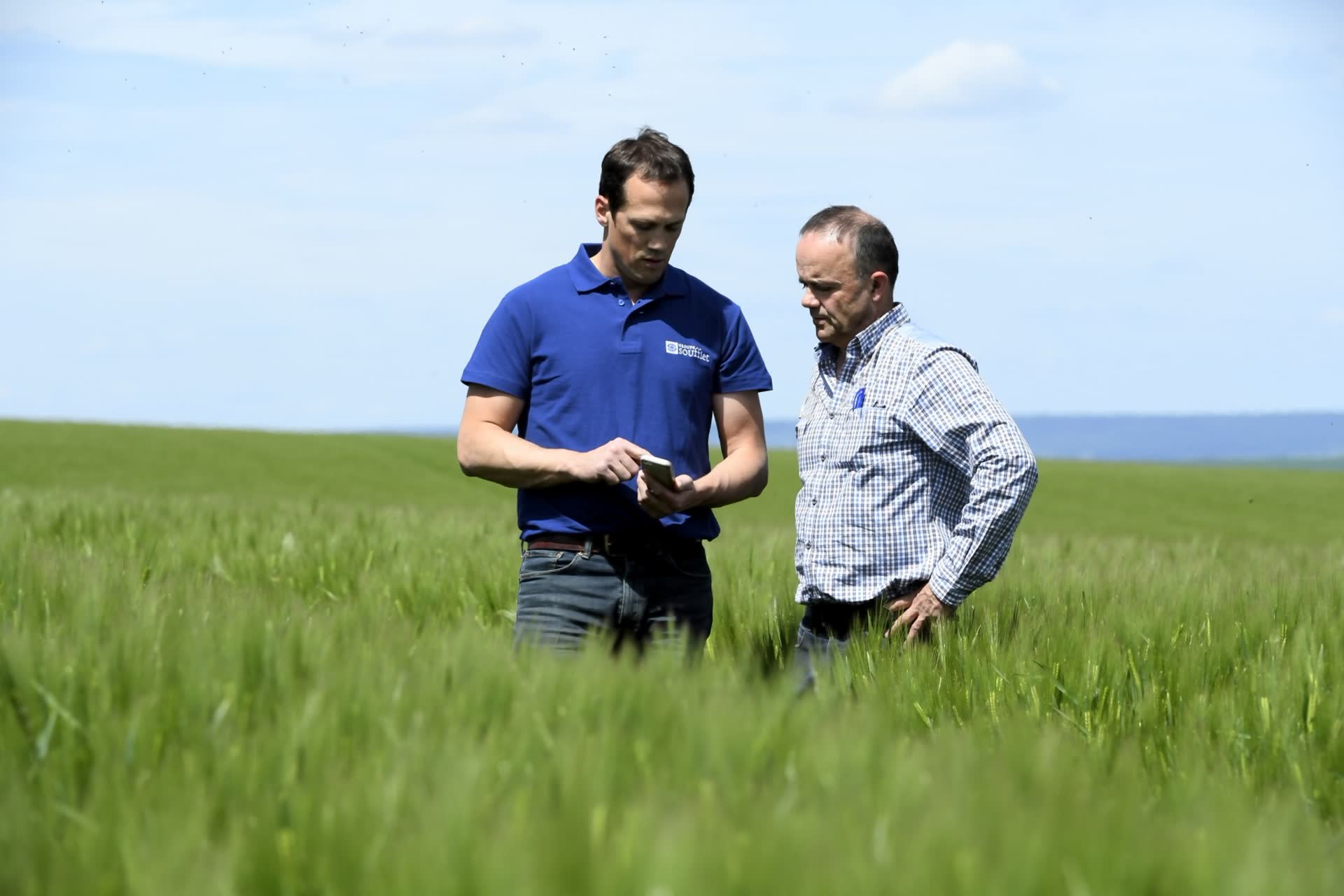An international experimental network testing new varieties
Planning for varietal renewal in the countries in which we operate
Because any variety has a life cycle limited to a maximum 10 years, over time we have built up an international experimental network to plan ahead for varietal renewal. With this network, we are able to offer farmers specifically selected varieties, adapted to their distinct agronomic environment and to the pedoclimatic constraints they face, i.e. the constraints inherent to soil and climatic conditions.
Trials conducted all over the world
More than 200 barley varieties are tested by our teams each year. In every country where we operate, around 30 varieties are tested. Our trial protocol is based on a succession of microplots that provide input for statistical analysis. All the data is analysed and synthesised. The scope of the trials covers 6,000 microplots, which ensures the robustness of the protocol and the reliability of the results. A local agronomic value is thus attributed to each of the varieties tested. The results shared internally provide valuable input for our agricultural teams, meaning they benefit from the findings of experiments in the country in which they operate and in neighbouring countries.
Guarantee the quantity and quality of barley
The key criteria when evaluating the varieties tested include disease and lodging resistance, early ear emergence and maturity of the varieties, but also grain size. These different parameters are used to validate the barley’s resistance and its yield potential, factors that determine the farmers’ choice of which varieties to grow.





